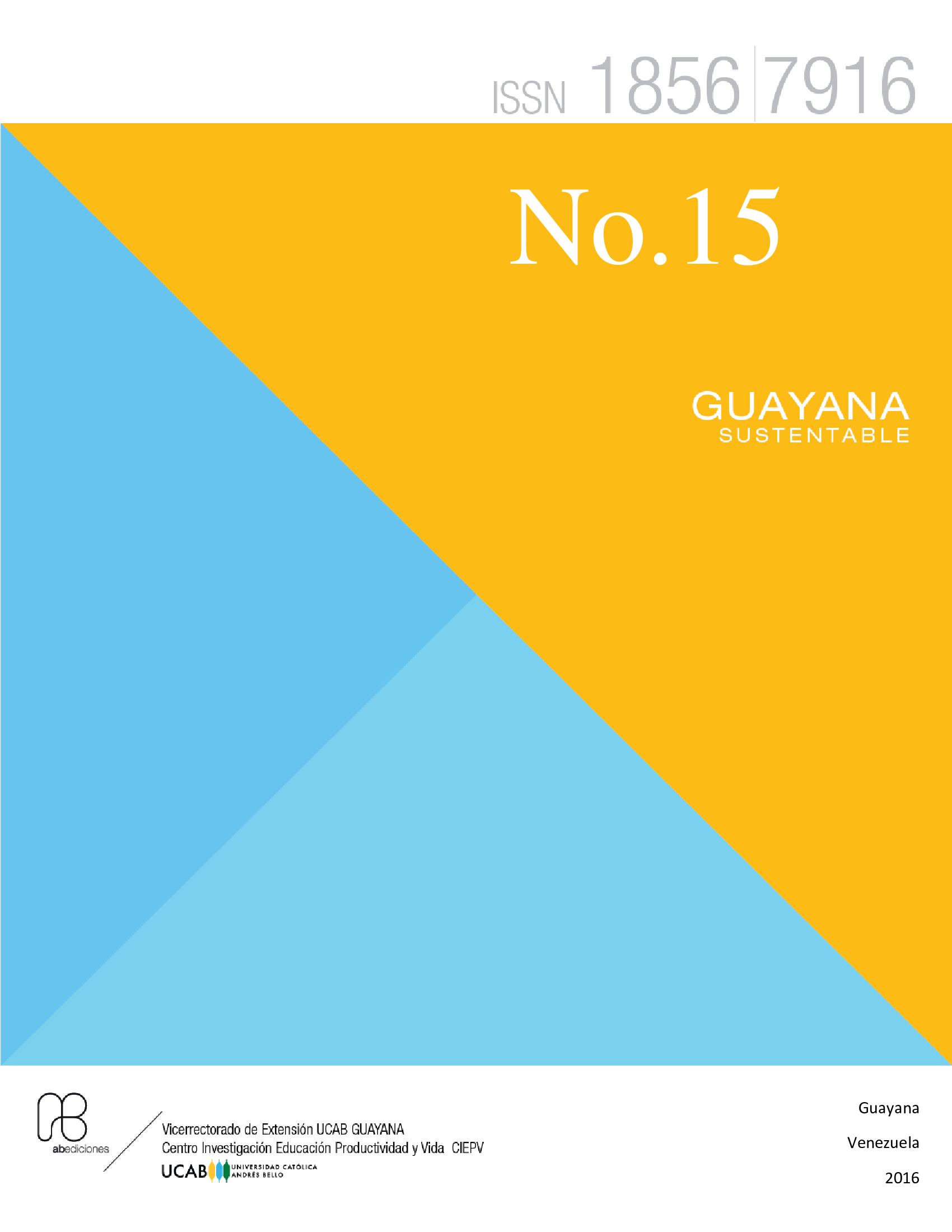social dialogue
Abstract
Good morning, we are asked to talk about social dialogue, indeed, despite the fact that we know that social dialogue is a mechanism created by the International Labor Organization, already of long standing, and since we want to talk specifically about what that means In the case of Venezuela, we can say that the dialogue as such certainly began in Venezuela in 1998, before there was no dialogue. Well, let's see the case of when the important issues were discussed in Venezuela.
Let's start with the Constitution, the Constitution of 1961, no one discussed it, no one voted for it, no one participated in it, three modifications were made to this Constitution and simply no one knew about it, whether it was good or bad, I don't want to say anything about that, There was simply no dialogue, so we must consider that, in effect, the dialogue as such in Venezuela begins with the discussion that President Chávez raised when he offered the Constituent Assembly, which gave rise to the Constitution of 1999.
In any case, social dialogue as such is instituted by the International Labor Organization and what it proposes is that horizontally and in this case, as it is an entity that has to do with labor legislation, with putting the main actors of a problem as is the case of labor, employers, workers and the government, put them in a single plane in such a way that no one imposes on another by the power they may have at a given time, mainly from the government. However, in the broad sense that we consider dialogue as such, it is established as a consultation mechanism, a communication mechanism, which, based on a specific topic, is one of the important things that I will develop a little later.
Published
Issue
Section
License
Los autores que publican en esta revista están de acuerdo con los siguientes términos:
- Los autores conservan los derechos de autor y garantizan a la revista el derecho de ser la primera publicación del trabajo al igual que licenciado bajo una Creative Commons Attribution License que permite a otros compartir el trabajo con un reconocimiento de la autoría del trabajo y la publicación inicial en esta revista.
- Los autores pueden establecer por separado acuerdos adicionales para la distribución no exclusiva de la versión de la obra publicada en la revista (por ejemplo, situarlo en un repositorio institucional o publicarlo en un libro), con un reconocimiento de su publicación inicial en esta revista.
- Se permite y se anima a los autores a difundir sus trabajos electrónicamente (por ejemplo, en repositorios institucionales o en su propio sitio web) antes y durante el proceso de envío, ya que puede dar lugar a intercambios productivos, así como a una citación más temprana y mayor de los trabajos publicados (Véase The Effect of Open Access) (en inglés).

